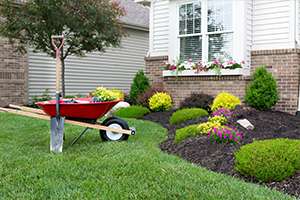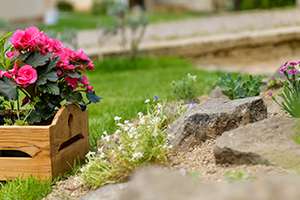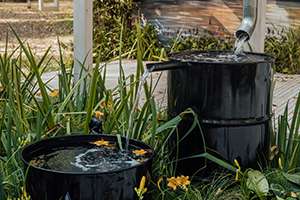
Are your ornamental shrubs safe from winter insects? Even during the colder months, your landscaping can be vulnerable to pests. Before you risk losing your beautiful shrubs, use these simple steps to control winter insects.
Watch Your Watering
Too much or too little water can lead to shrub damage. Too much can cause root rot and wet feet, while too little can lead to dry limbs and dead leaves. When your shrubs are weak from improper Watering, they are more susceptible to pests.
Feed Your Shrubs
Providing the proper nutrients to your plants in the fall can lead to improved health and resilience during the cold months. In addition, feeding your shrubs the right mix of supplements and fertilizers can help keep them more robust and less volatile to pesky pests.
Consider Biological Controls
Natural pest control can include predatory insects and is one way to keep your shrubs healthy and bug-free. Ladybugs are an example of an insect that can help keep other pests off your ornamental shrubs.
Talk to a Pro
One of the best ways to fight pests on your ornamental shrubs during the winter is with guidance from a professional. With knowledge and insight from training and experience, they can apply what they know to your lawn and garden to keep it healthy through the cold months.
Contact the team at W.P. Law, Inc. They’re standing by to answer all of your questions when it comes to winter pests and protecting your ornamental shrubs.











